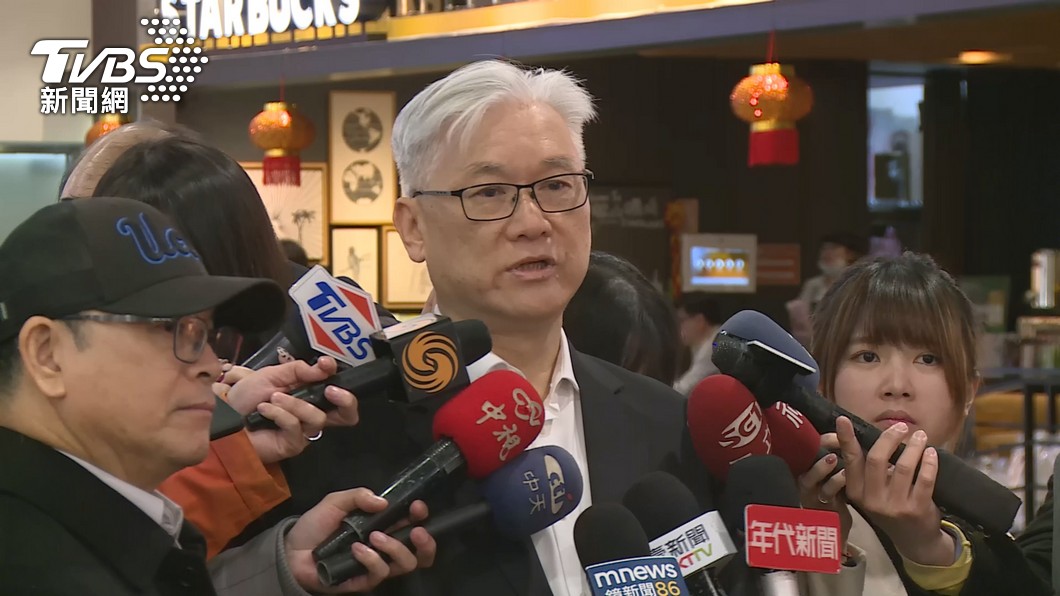TAIPEI (TVBS News) — Taiwan's Mainland Affairs Council (MAC, 陸委會) on Thursday (Aug. 29) night rebuked Kuomintang (KMT, 國民黨) Vice Chairman Andrew Hsia (夏立言) for his remarks in China, calling them factually incorrect and historically misleading. The council stated his comments caused unease and regret among the Taiwanese public.
A day earlier, Hsia led a delegation to China and met with Song Tao (宋濤), director of the State Council Taiwan Affairs Office. Hsia emphasized that adhering to the 1992 Consensus and opposing Taiwan's independence would maintain peace and stability across the Taiwan Strait.
He claimed the Republic of China (Taiwan) government proposed the 1992 Consensus, which China accepted, forming a common political foundation.
The MAC noted that representatives from both sides discussed functional issues in Hong Kong in 1992 without reaching any consensus on cross-strait relations. Moreover, the 1993 Koo-Wang talks did not touch on political issues.
The MAC asserted that Chinese authorities have long viewed the KMT's 1992 Consensus as the "One China Principle," which aims to annex Taiwan. Following Chinese leader Xi Jinping's 2019 speech, the 1992 Consensus equates to "One China, Two Systems," the council said.
According to the MAC, an April 11 poll revealed that nearly 80% of Taiwanese people reject the idea that dialogue can only resume under the 1992 Consensus's "One China Principle." This reflects the mainstream opinion in Taiwan, which firmly rejects the 1992 Consensus, they added.
The MAC criticized the KMT for ignoring Taiwanese society's deep concerns about China's political stance and for voluntarily acting as a platform for Chinese unification efforts. The council expressed regret over this position.











